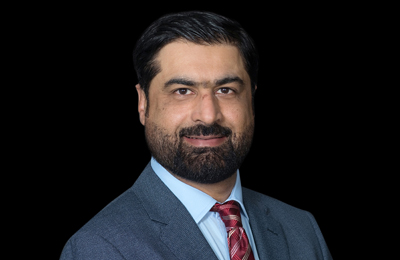Rustum Shah joins Stephenson Harwood

Stephenson Harwood LLP has strengthened its finance practice with the arrival of Rustum Shah as a partner. He joins the firm in Dubai and will head the firm’s Islamic finance practice.
Shah brings more than 20 years of experience advising international and local banks, large corporates and governments on all aspects of financial transactions and has particular expertise in Islamic finance. His broad practice is principally cross-border and active across all areas of finance, debt capital markets and derivatives. He also advises clients on infrastructure and construction finance, real estate finance, aviation finance, funds finance, corporate finance, and syndications, restructuring and debt capital markets. Shah joins the firm from Hogan Lovells, where he was a partner for the past 15 years.
“Accelerating the growth of our international offices is a key objective for the firm,” said Sharon White, Stephenson Harwood’s Dubai office managing partner. “Rustum’s arrival reflects our commitment to the Middle East and is an important step as we continue to build a team focused on winning high-quality work and clients.
“Rustum is one of the leading finance lawyers in the region. His many years of practice, and broad range of finance experience, enhances our finance capabilities and enables us to support a wider range of work. As well as supporting the continued growth of our Dubai office – particularly in the areas of corporate and projects – Rustum will work closely with finance partners from across the firm to develop and grow our Islamic Finance practice.”
Shah will shortly be joined at Stephenson Harwood by Rania Tadros, who arrives at the firm in April as the new office managing partner in Dubai. Tadros is one of the leading marine and international trade lawyers in the region with particular expertise in the energy and offshore industry.
Stephenson Harwood’s award-winning international finance team acts for many leading UK and international banks, investment companies, other corporates, lessors, funds and other stakeholders on challenging transactions which often involve novel instruments or structures.















































































































